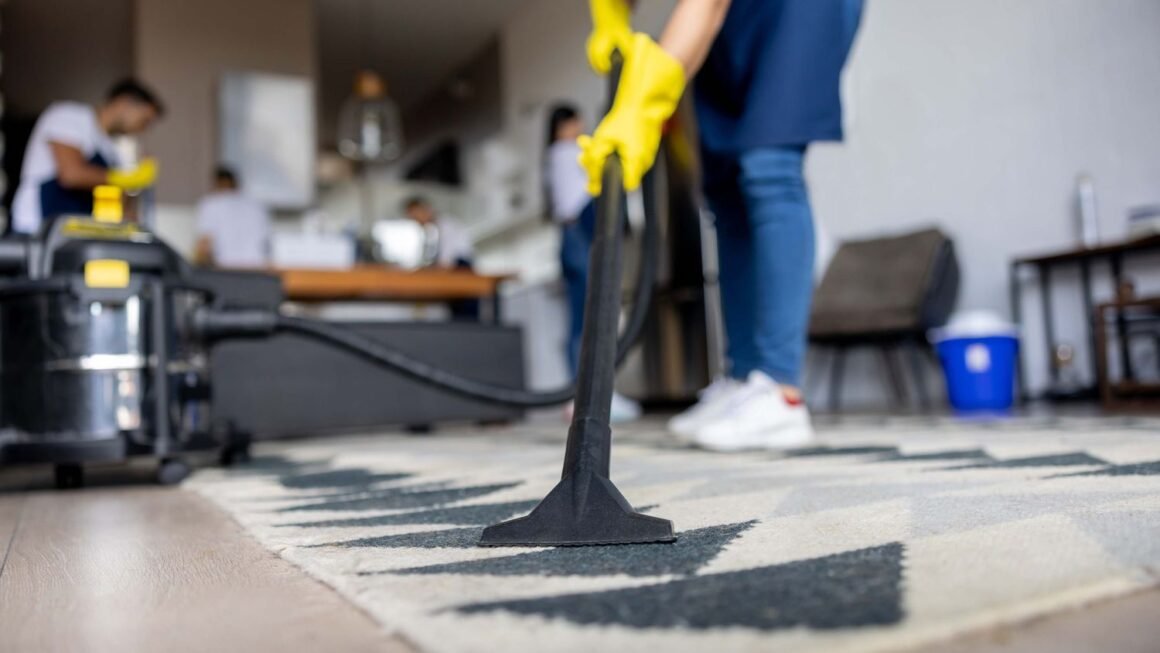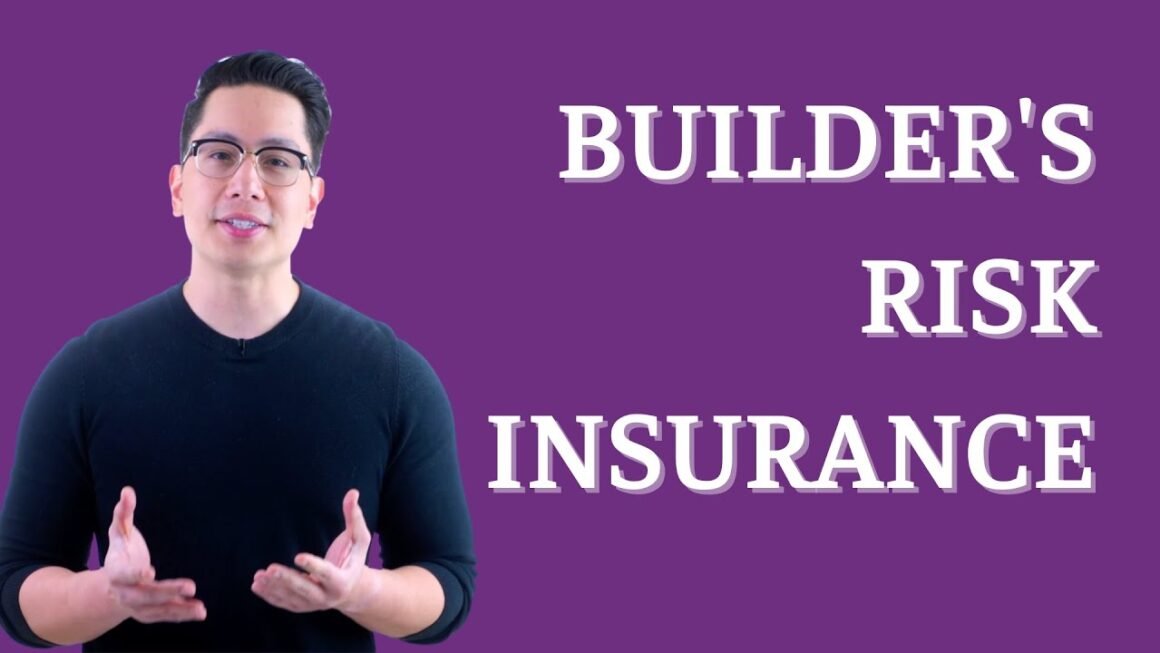If you own or operate a cleaning business, whether it’s residential, commercial, or specialized in areas like janitorial services, having the right insurance coverage is essential. Cleaning business insurance helps protect your company from a variety of risks and liabilities. In this guide, we will explore the different types of insurance your cleaning business may need, as well as the costs associated with these policies.
Types of Cleaning Business Insurance
- General Liability Insurance: This is a foundational policy for cleaning businesses. It covers bodily injury, property damage, and personal injury claims that may arise during your cleaning services. For example, if a customer or their property is injured or damaged while you’re cleaning, general liability insurance can help cover the costs.
- Professional Liability Insurance (Errors and Omissions): If your cleaning business provides advice or services that result in financial loss or dissatisfaction with the quality of work, professional liability insurance can protect you. It’s crucial for cleaning businesses, especially if you offer specialized services.
- Commercial Auto Insurance: If your cleaning business uses vehicles for transportation, you need commercial auto insurance. This policy covers accidents, property damage, and injuries involving your business vehicles.
- Workers’ Compensation Insurance: If you employ workers, workers’ compensation insurance is typically required by law. It provides medical and wage replacement benefits to employees who are injured on the job.
- Business Property Insurance: This insurance covers your cleaning equipment, supplies, and business property in case of damage or loss due to perils like fire, theft, or natural disasters.
- Bonding Insurance: Many clients may require you to be bonded as a cleaning service provider. A surety bond guarantees that you will complete the work as promised. If you fail to do so, the bond compensates the client for any financial losses.
- Cyber Liability Insurance: If you store customer data or use computer systems for your business, cyber liability insurance can protect you in case of data breaches or cyberattacks.

Factors Affecting Cleaning Business Insurance Costs
The cost of insurance for your cleaning business can vary based on several factors:
- Coverage Types and Limits: The more coverage you need and the higher the coverage limits, the more expensive your insurance will be.
- Business Size and Revenue: Larger cleaning businesses with more employees and higher revenues will typically pay more for insurance.
- Services Offered: Specialized services such as hazardous material cleanup may require additional coverage and come at a higher cost.
- Location: Your business’s location can affect insurance costs. High-risk areas, such as regions prone to natural disasters or with high crime rates, may lead to higher premiums.
- Claims History: If your business has a history of frequent insurance claims, it can result in higher premiums.
- Safety Measures: Implementing safety measures and training programs for your employees can help lower your insurance costs.
- Deductibles: Choosing higher deductibles can lower your premiums, but it means you’ll be responsible for a larger share of the costs in case of a claim.
Getting Cleaning Business Insurance
Here are the steps to get the insurance coverage your cleaning business needs:
- Assess Your Needs: Identify the types of insurance your cleaning business requires based on your services, location, and size.
- Find an Insurance Agent or Broker: Look for an experienced insurance agent or broker who specializes in commercial insurance. They can help you find the right policies and coverage limits for your specific needs.
- Obtain and Compare Quotes: Your agent or broker will help you obtain quotes from different insurance companies. Compare the quotes to find the best coverage at a competitive price.
- Customize Your Policies: Work with your agent to customize your policies to match your business’s unique requirements.
- Complete the Application: Fill out the application for the chosen insurance policies, ensuring that you provide accurate and thorough information.
- Underwriting and Approval: The insurance company will review your application, conduct underwriting checks, and approve or deny your application.
- Pay the Premium: Once your application is approved, you’ll be required to pay the premium for your insurance policies.
- Maintain Proof of Coverage: Keep records of your insurance policies and ensure you have proof of coverage readily available for regulatory compliance and in case of liability claims.
Conclusion
Cleaning business insurance is an essential investment for protecting your cleaning company from potential liabilities and risks. By understanding the types of insurance your business needs, evaluating the factors affecting insurance costs, and following the steps to obtain coverage, you can ensure that your cleaning business is adequately protected and can operate with confidence.





